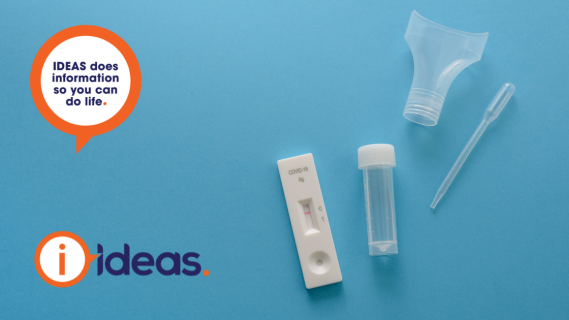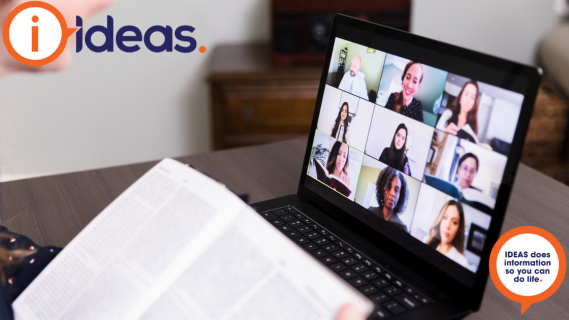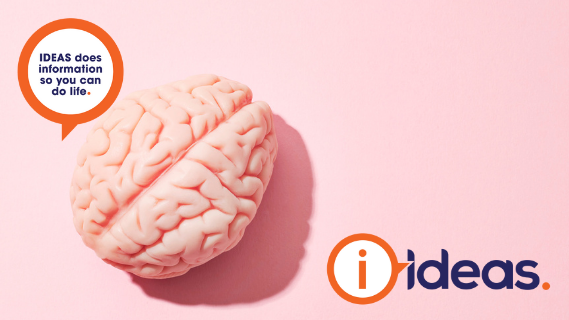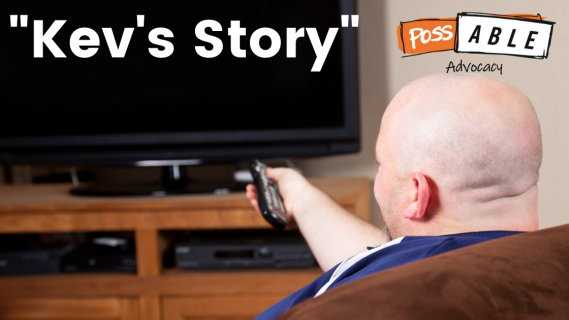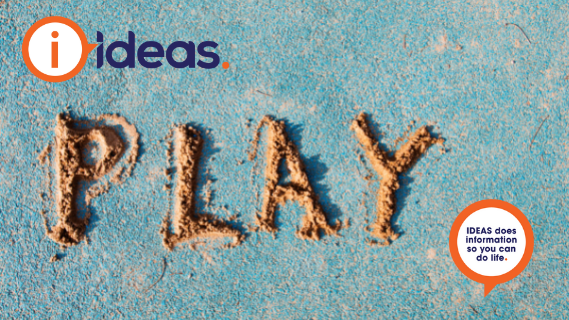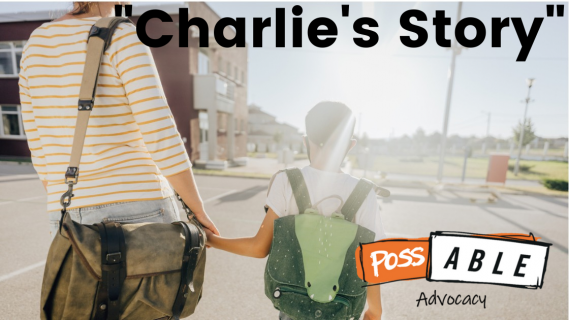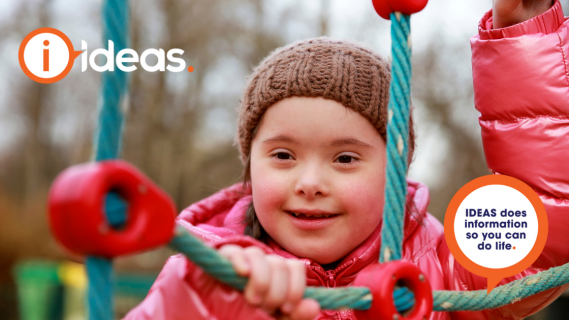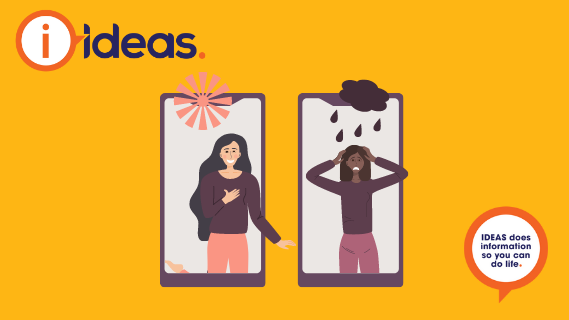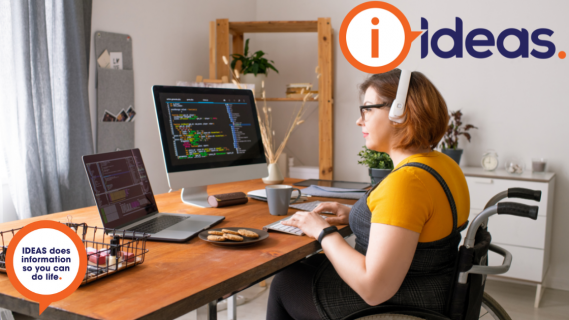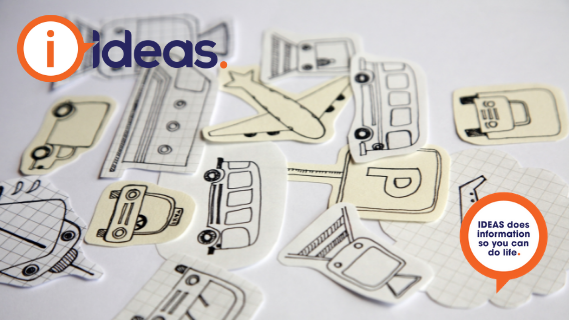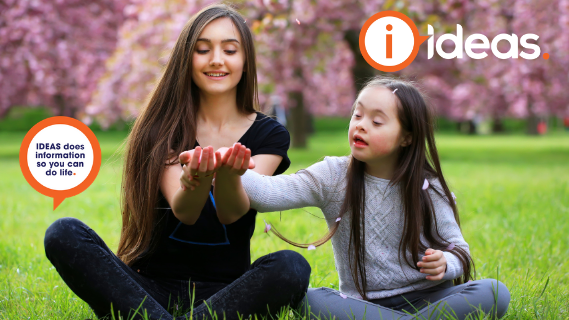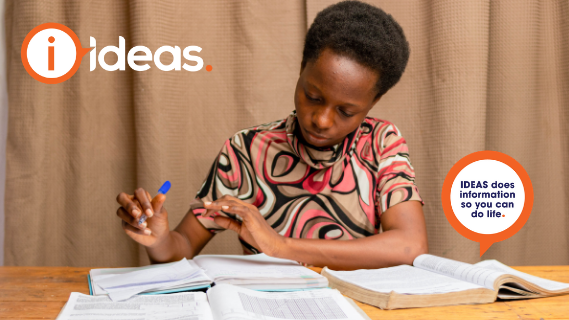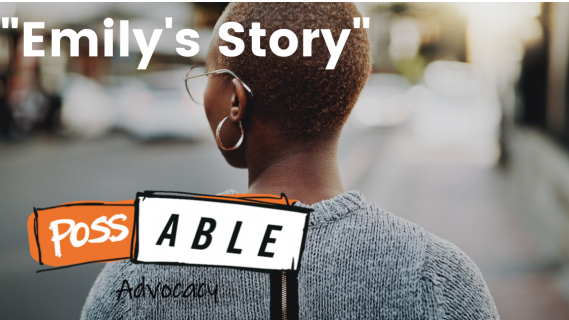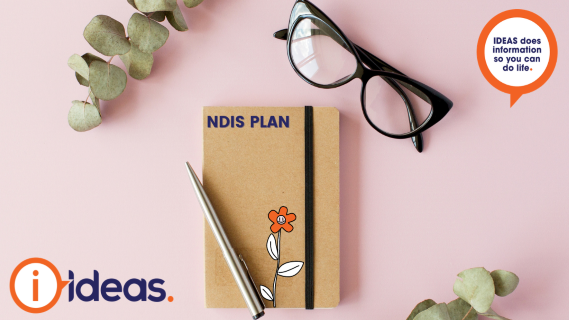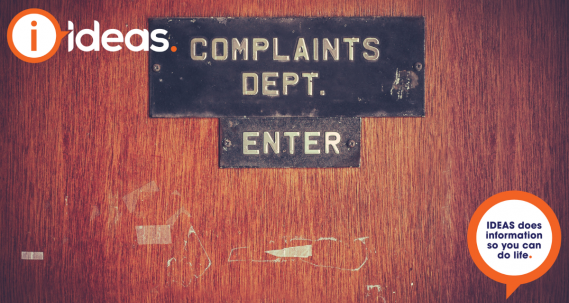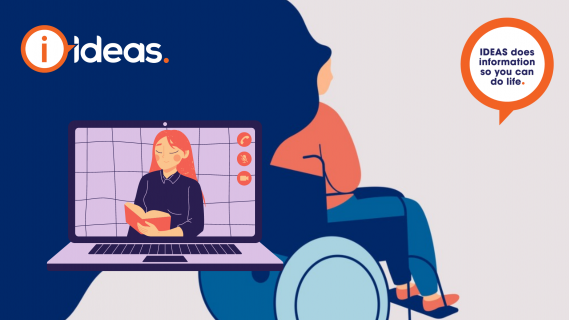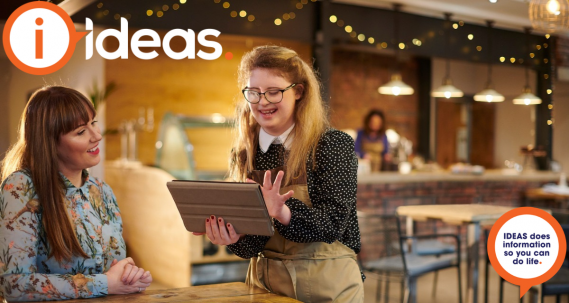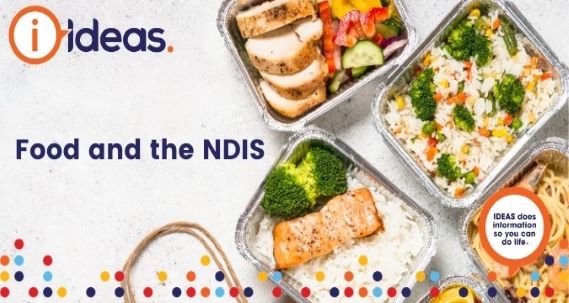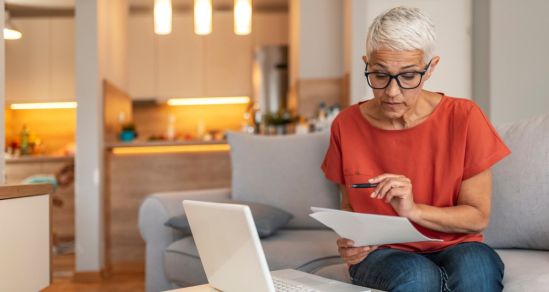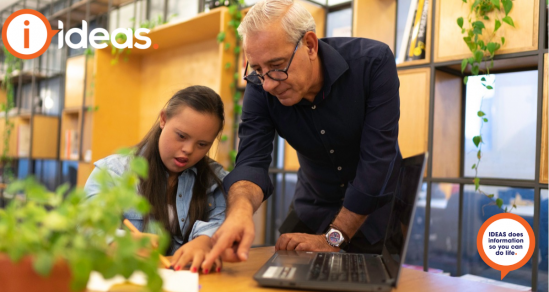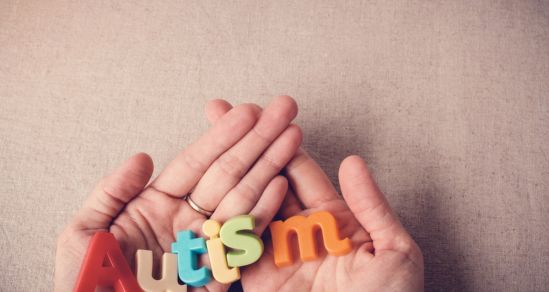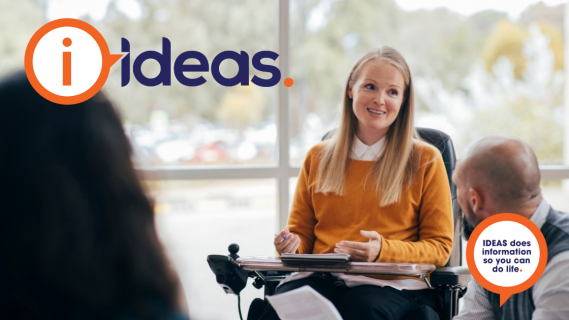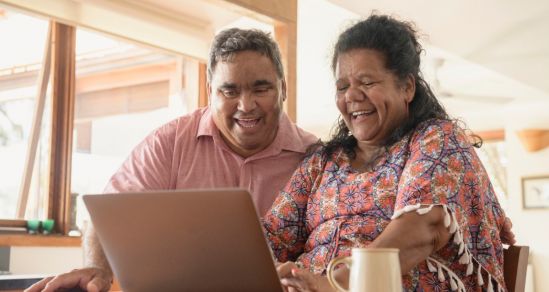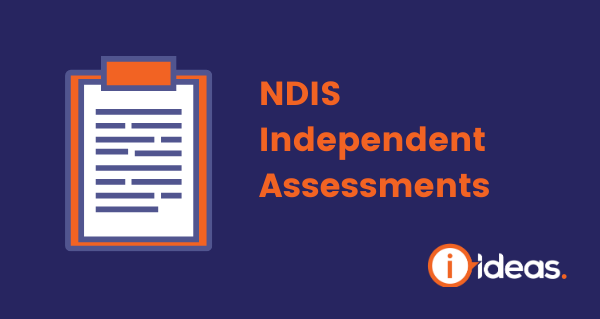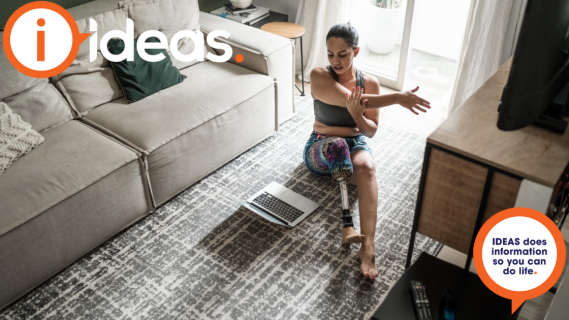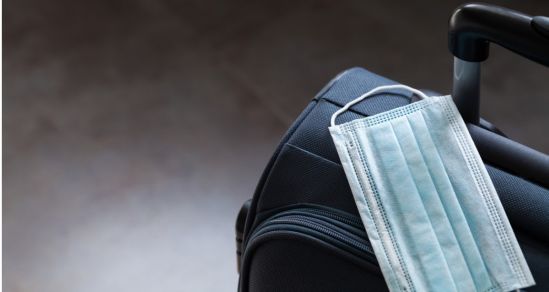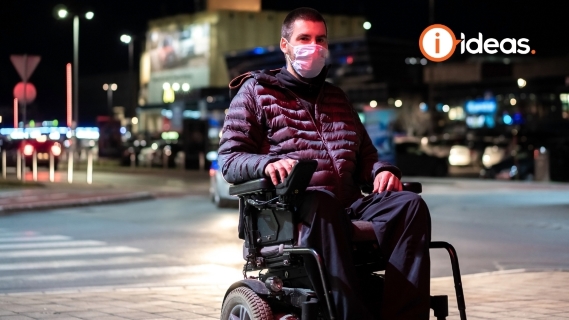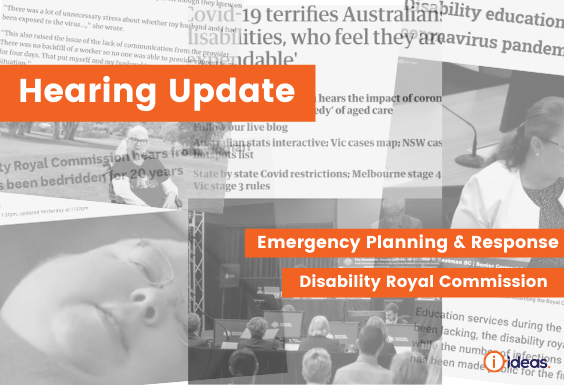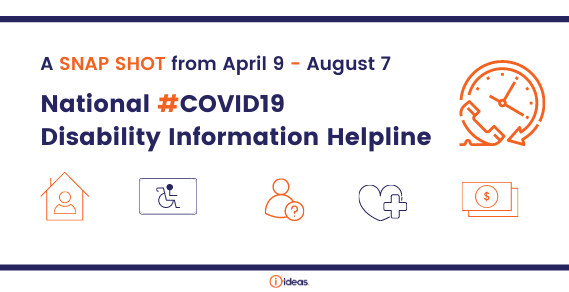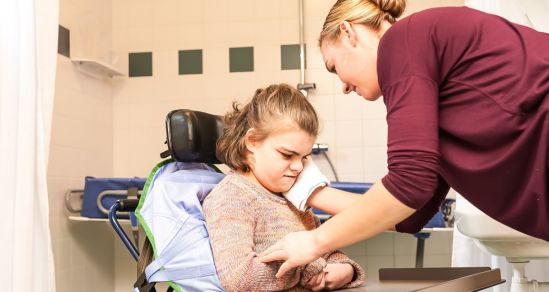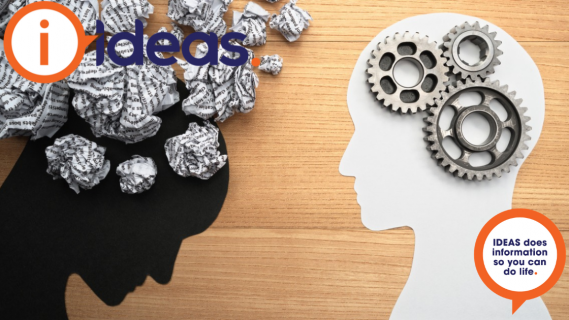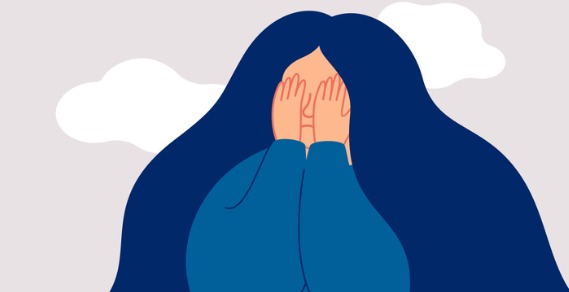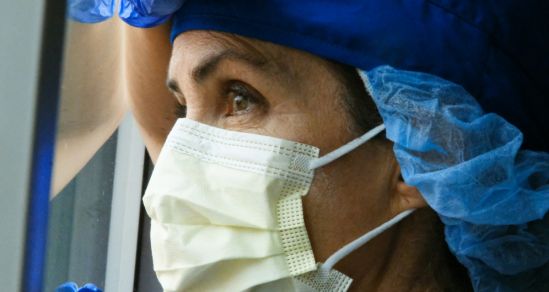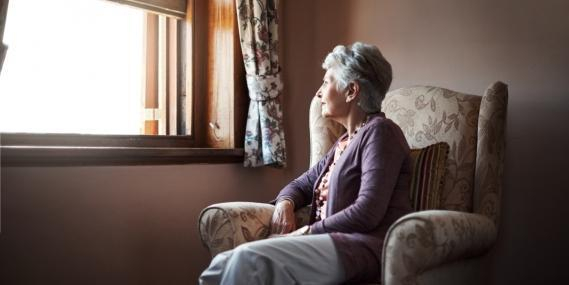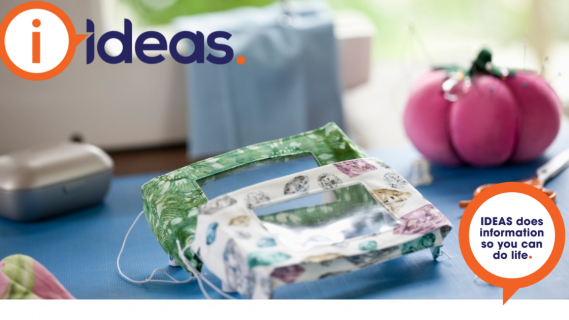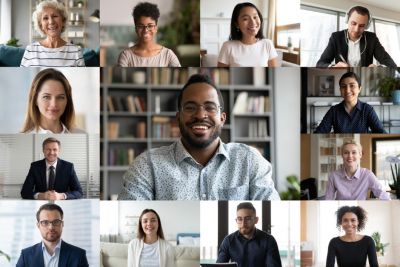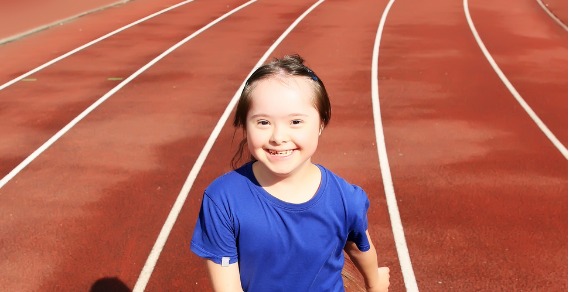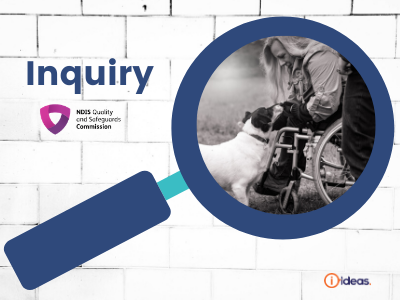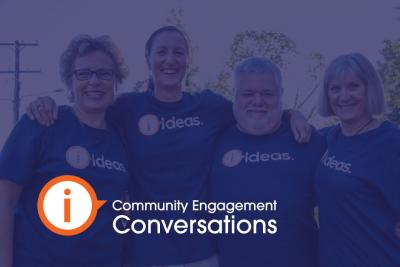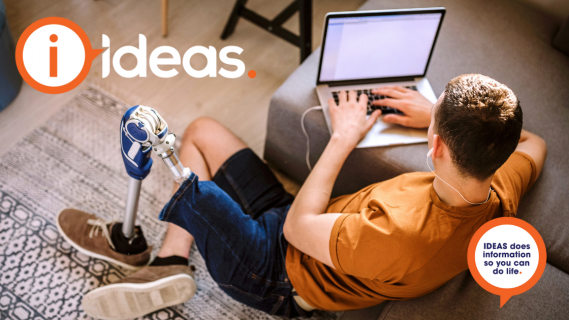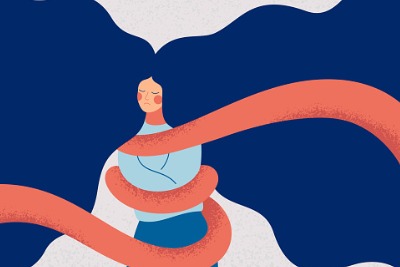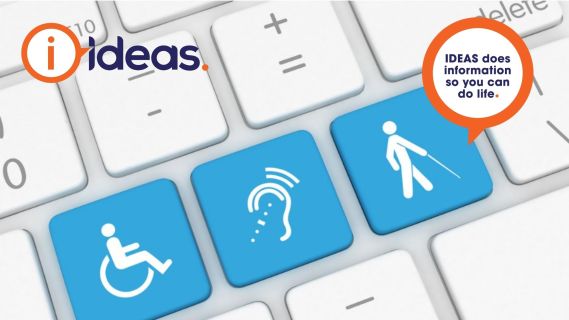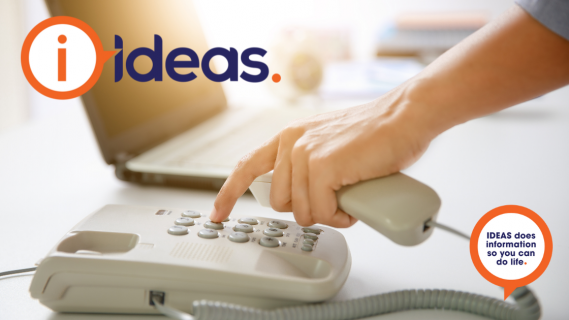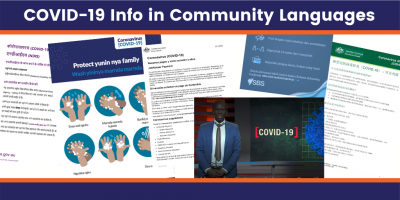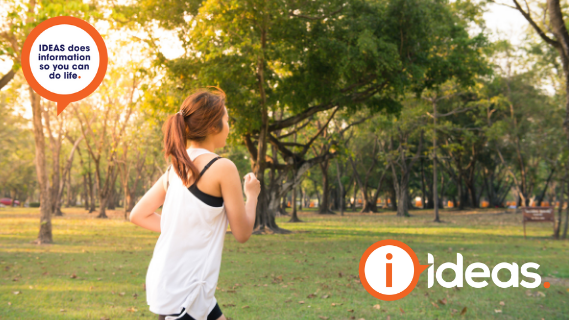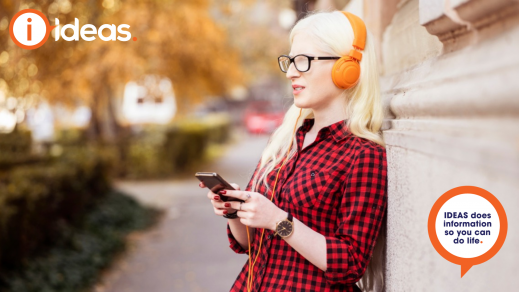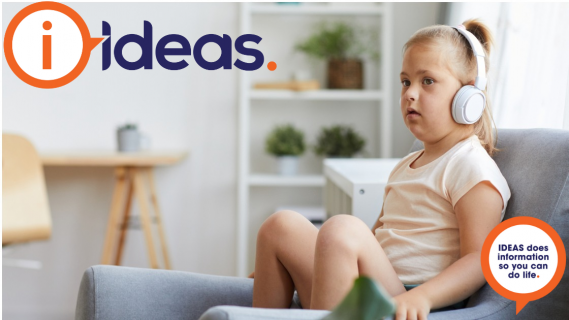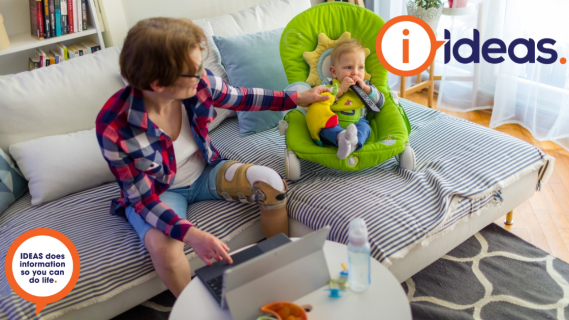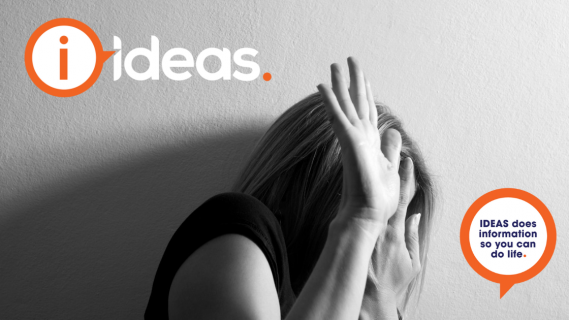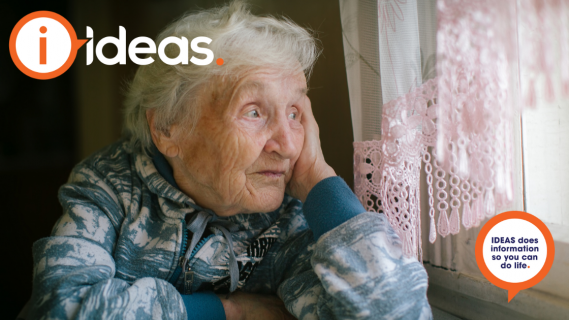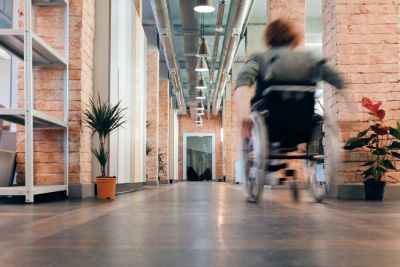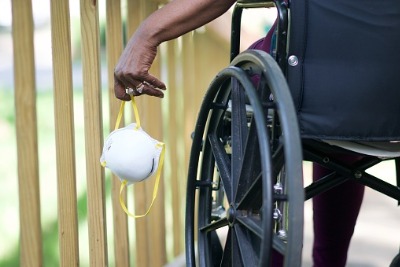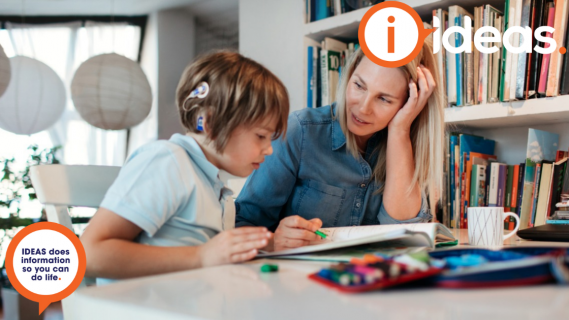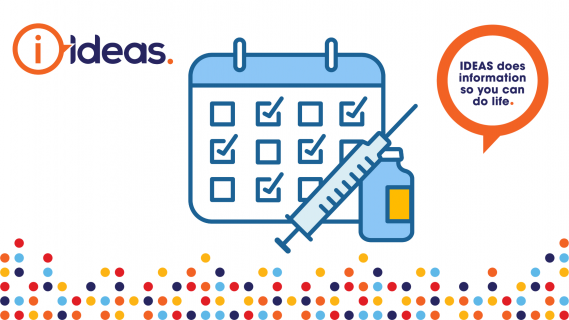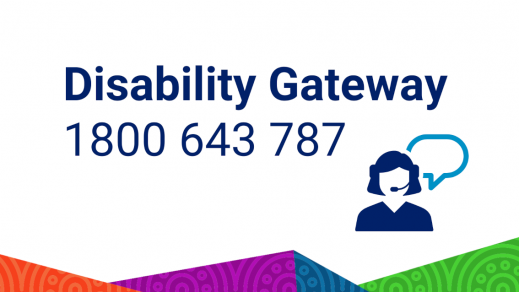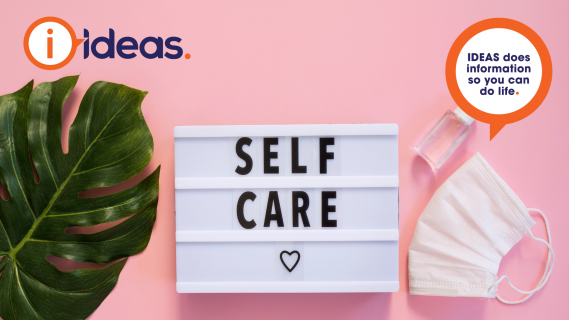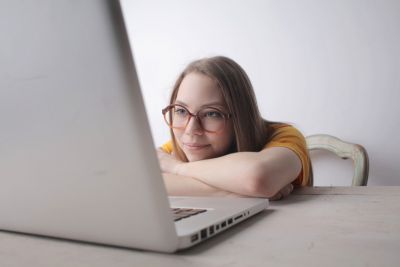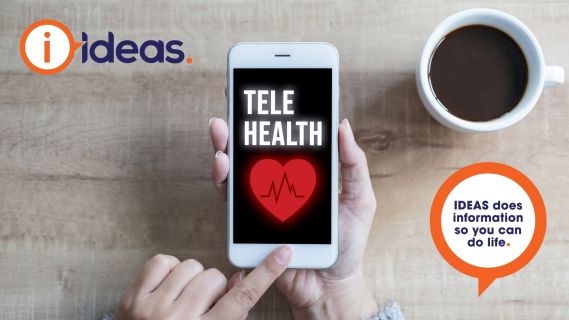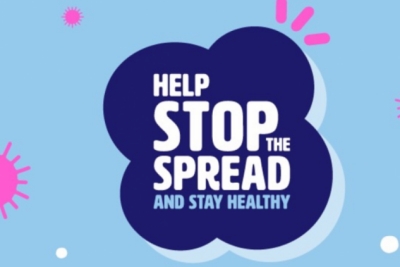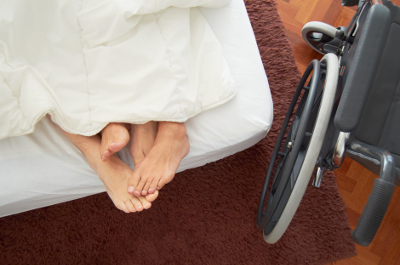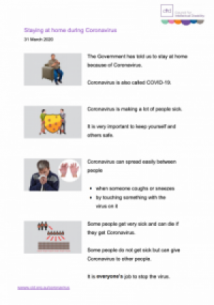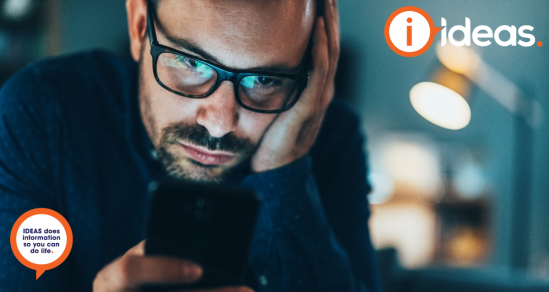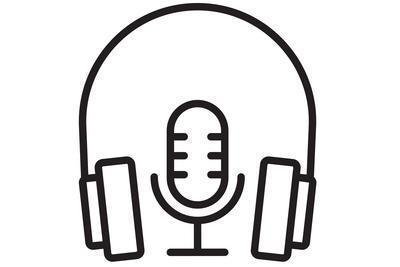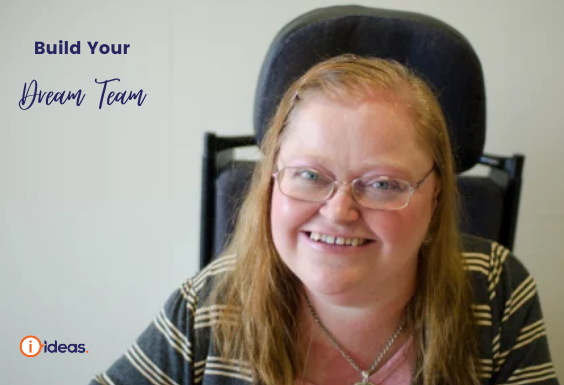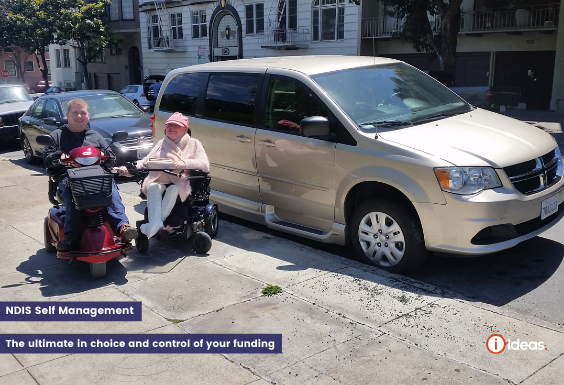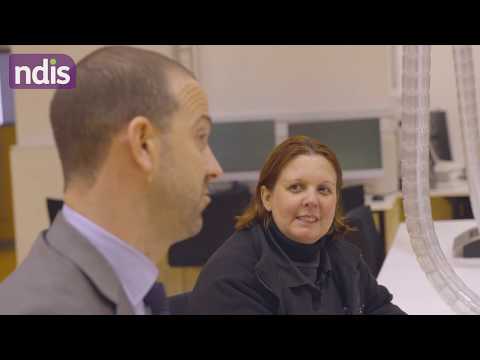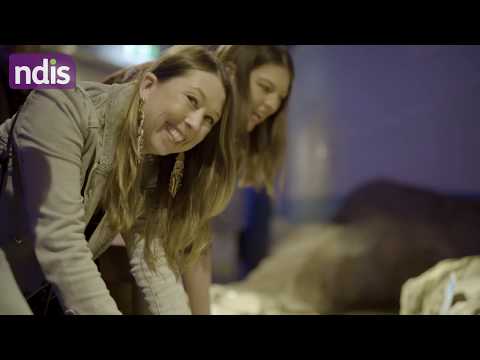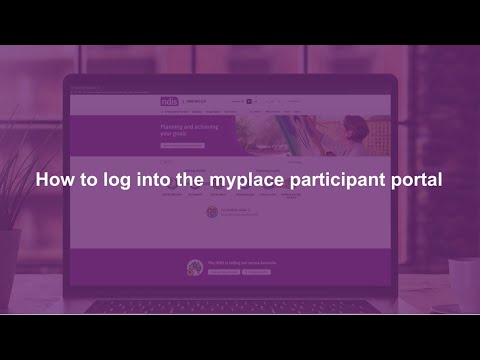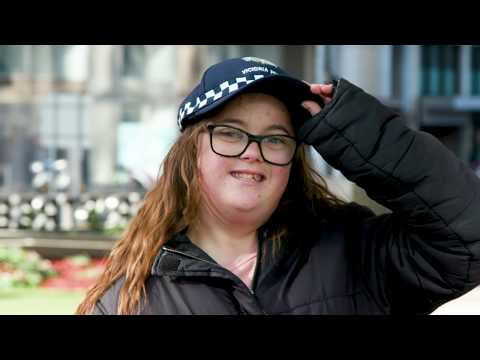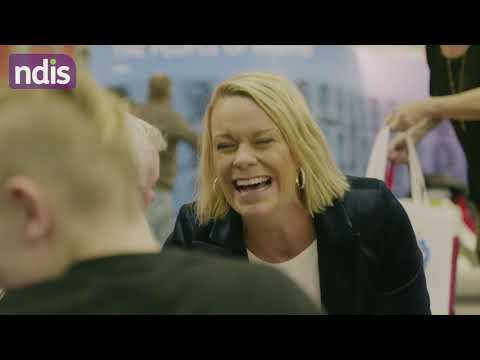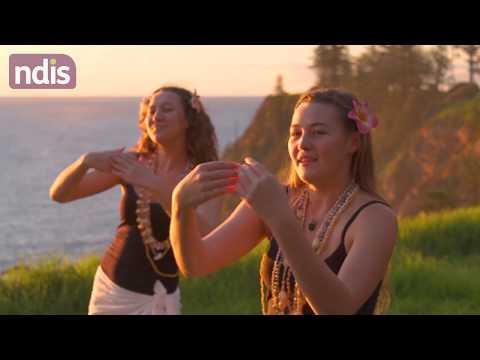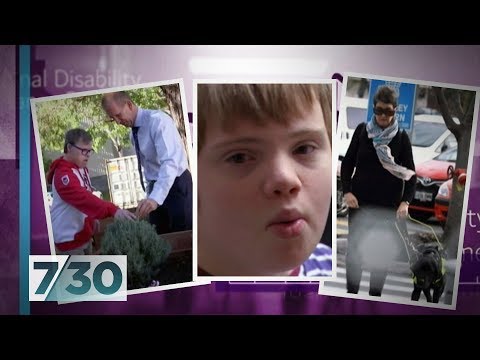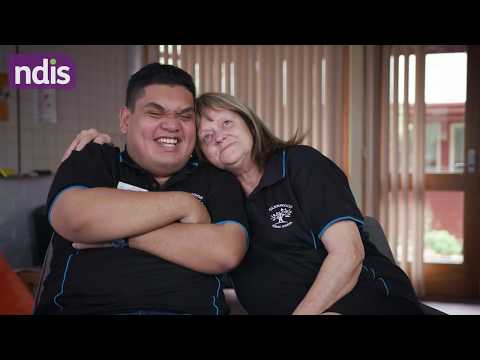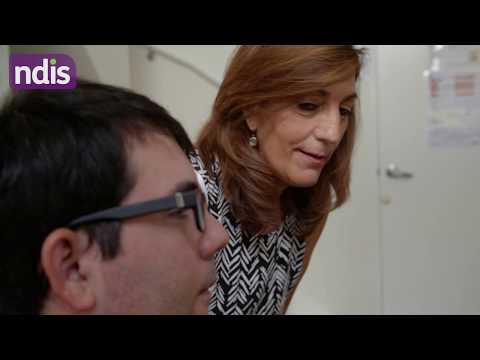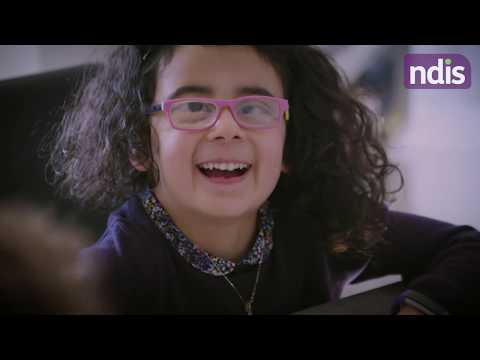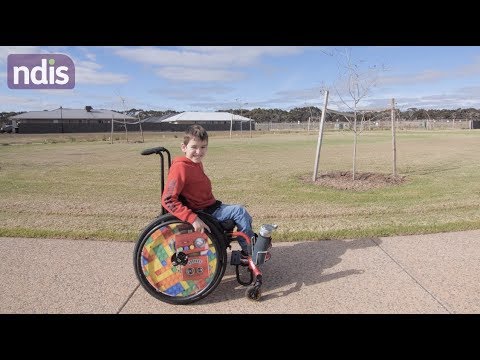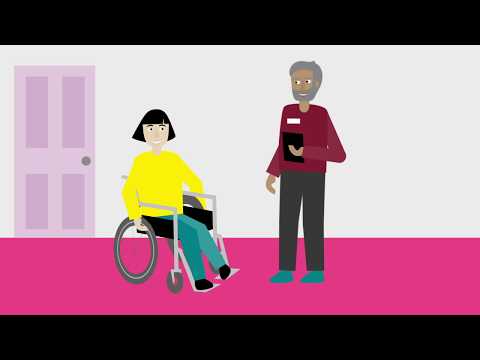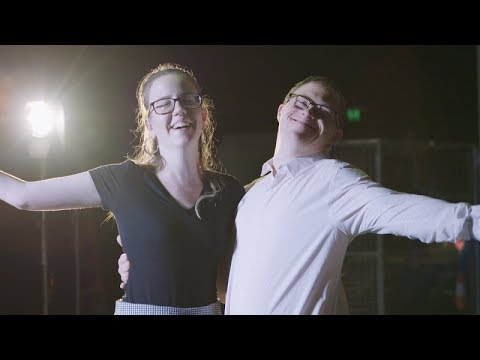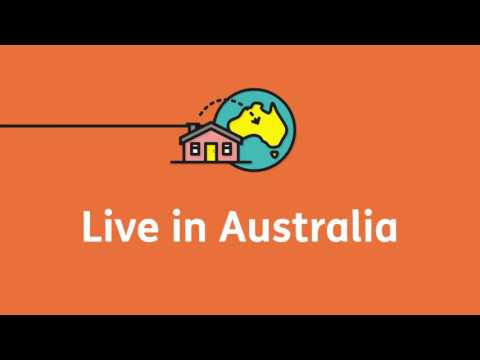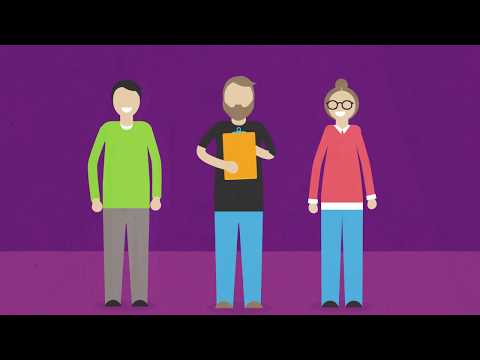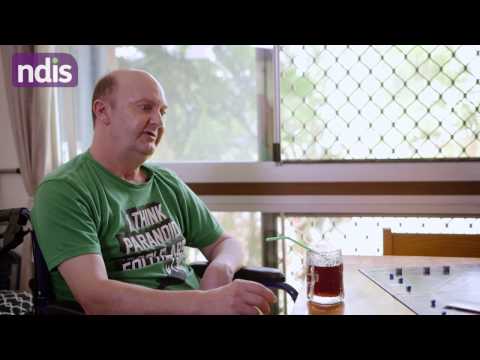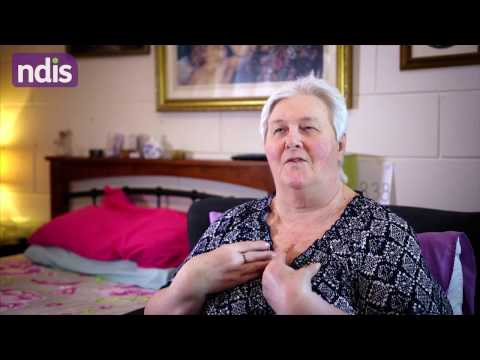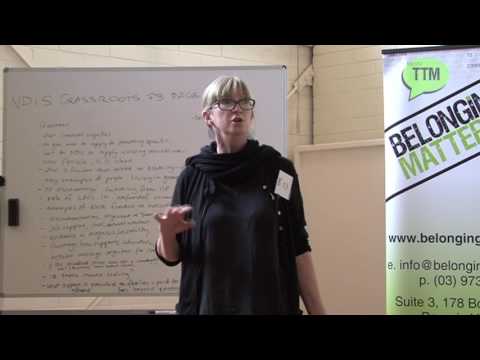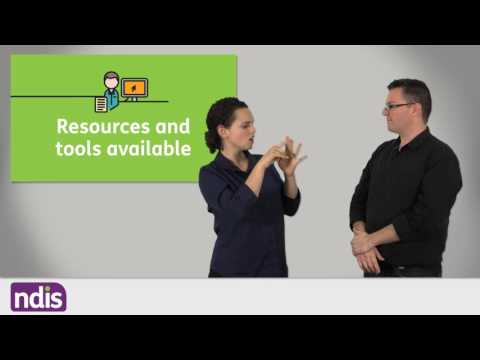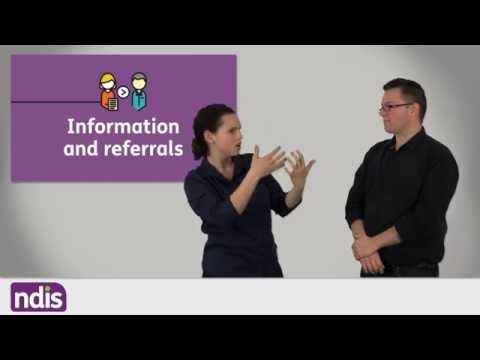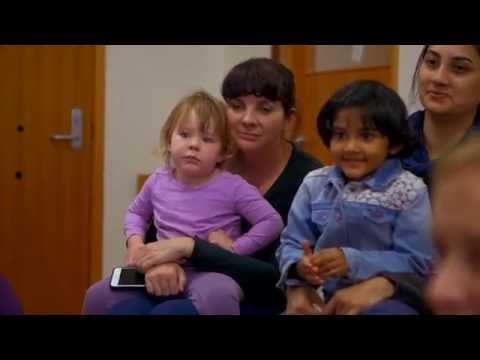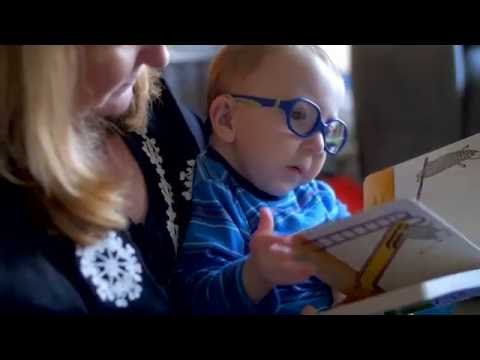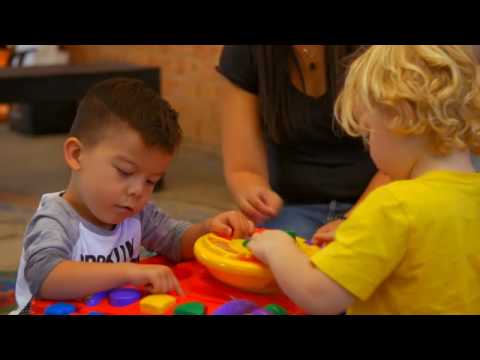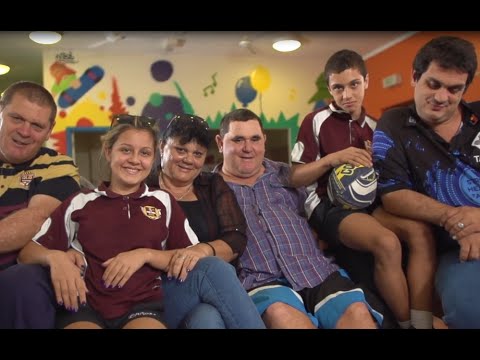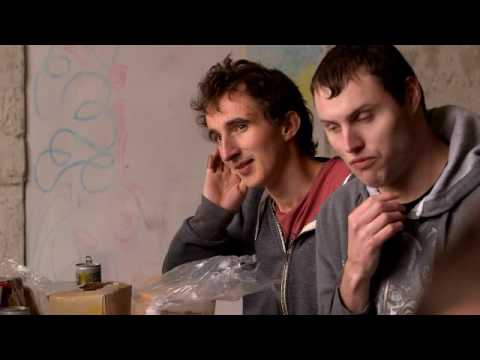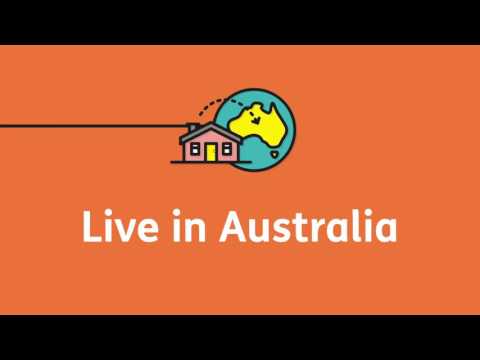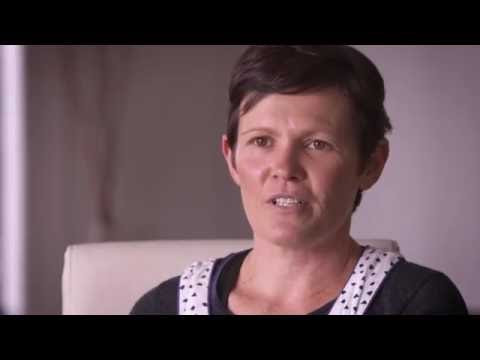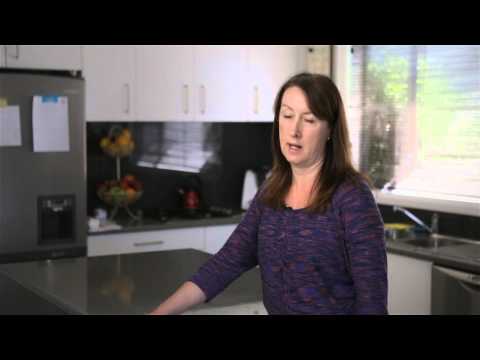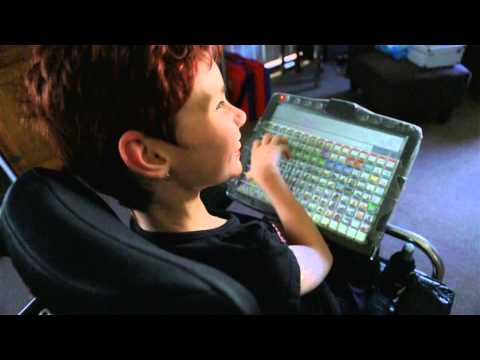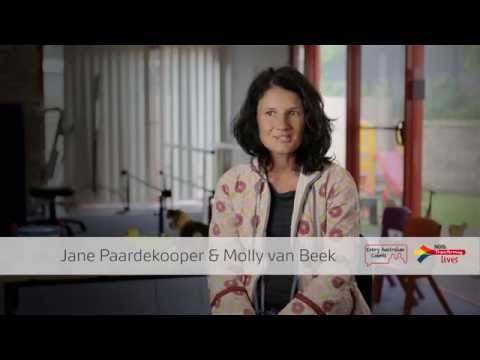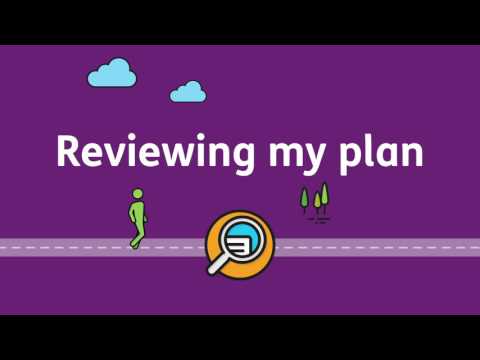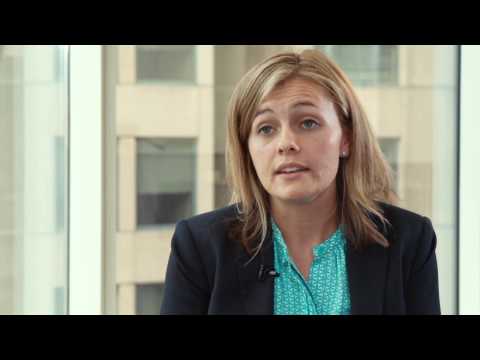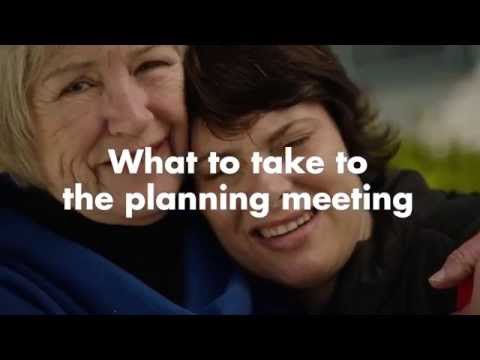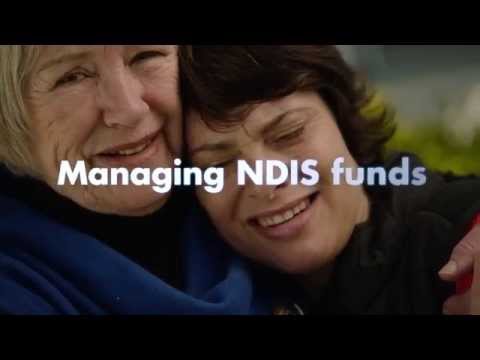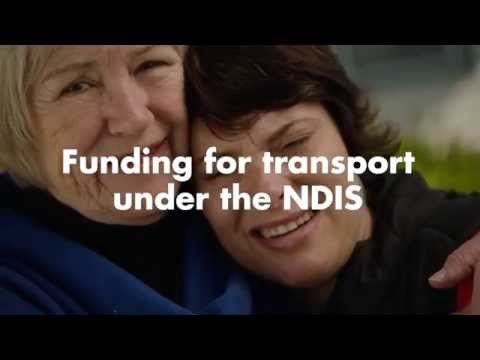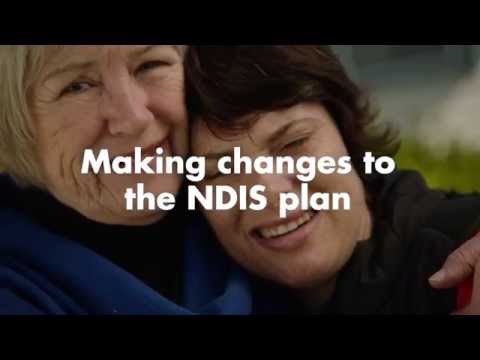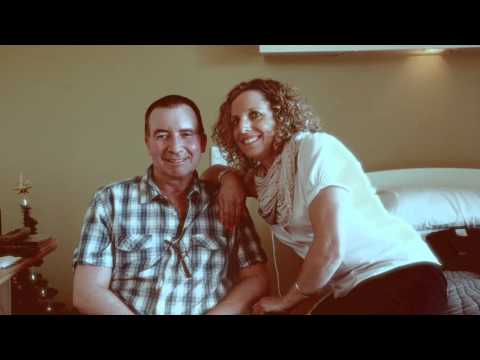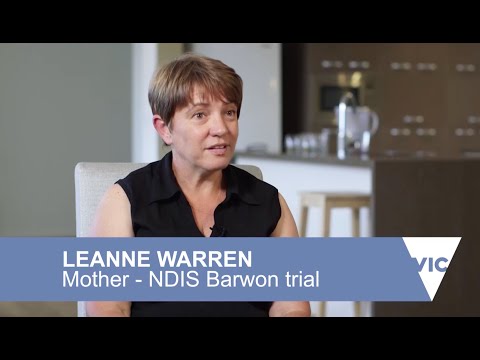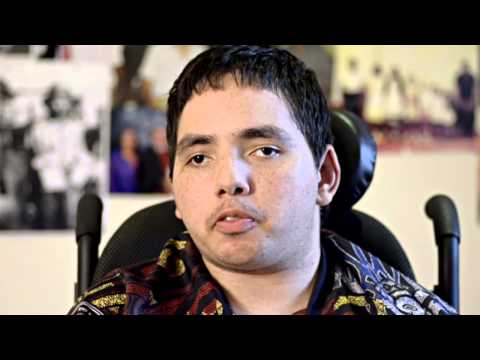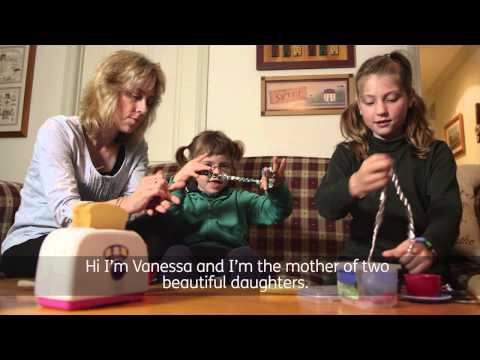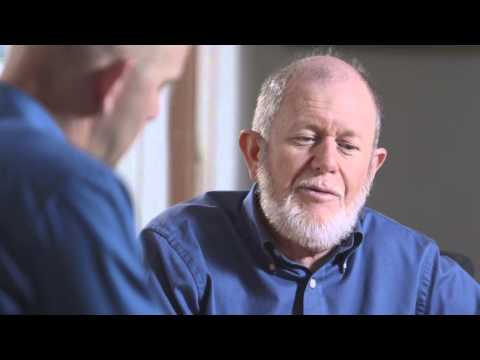The impact of COVID-19 has been widespread and has changed the way many things work. While we know it has been a challenging time for some people with a disability, there have also been some positive changes that have happened.
This article was first posted in May 2020. The COVID-19 pandemic has eased in many areas as of late November 2020. While some COVID19 programs and initiatives have remained, others adapted and some only provided in the short-term. Things continue to change and develop, and the longer term impacts are still unknown. IDEAS will continue to update on this article if there is something positive that you would like to add please let us know - we'd be happy to share your experience.
In the article 'I felt less alone': how Australians with disabilities are fearing life after the pandemic, published October 25, some people with a disability including Erica Eele share some of the social benefits the pandemic brought, such as being able to attend more events online:
“I wouldn’t have been able to attend due to my noise sensitivity, and all my other symptoms like fatigue,” she says. “I felt so much more included and part of the community. I felt less alone.”
From online health appointments, to religious occassions, theatre shows, parties and streamed art and cultural events, there has been so many more opportunities for people with a disabilty to take part in from the comfort of their home and not miss out. If these options remain into the future it would be it would be welcomed by many people with a disability.
Original Article Below
For people with a disability who have long been advocating for accommodations and accessible options, “the COVID-19 pandemic shows that these are not as impractical as we have always been told” said disabled academic Ashley Shew.
With most of the world in isolation, more people have become aware of what some of the physical barriers of what having a disability may be like. “I’m actually really optimistic good will come out of this,” says Karen Turner, a disabled woman who has been accessing her church services online.
In this blog, we take a look at some of the positive changes that have happened during COVID-19. As we start to look beyond the crisis, it will be interesting to see if some changes can remain in place and be founding blocks to build on.
Telehealth
- Some therapies have come online allowing people to do them from the comfort of their own home, such as speech therapy
- Bulk billing of some items, such as online psychology or specialist appointments has also been welcome news
- No travel time and being able to wait at home instead of a waiting room has been a plus for many people, also helping stop the spread of germs
- With telehealth happening very it has many immediate advantages but “its suitability for the long term requires more thorough research” a recent article on Croakey Health shares
Drive through Doctors clinics, home visits from Doctors
- These measures have cut downtime in waiting rooms and exposure to germs, which have been critical for people who are weakened immune systems
- Being able to get a flu shot in your car without having to enter a Doctors surgery was a bonus for some people with a disability
- Others have been able to have COVID19 testing at home or have other health needs met without leaving home
More Mental Health Support
- The Government has allowed for more mental health support for people who have a mental health care plan
- People can now get up to 20 sessions per year with a mental health care professional
- Find out more - How to get a Mental Health Care Plan
Working from Home
- With many Australians now working from home it has exposed people to advantages it can have
- Reducing travel time, saving on travel costs, conserving bodily energy levels and increasing productivity have been some of the benefits reported by people with a disability
- Online meetings have become the norm, along with webinars, talks, training and conferences, making it easier for many people to attend that would typically not be able to attend physically
- People are hopeful that accommodations can become more commonplace - “A silver lining to the crisis is that managers see that working from home doesn't have to be isolating and distracting. It can be efficient and strengthen culture” says Geri Stengel.
NDIS Flexibility
- It was welcome news for people that funding could be used more flexibly to meet their needs
- There has also been more straightforward access to funds to purchase assistive technology such as an Ipad to help people access their therapy or stay connected
- See more about how the NDIS has done this here.
National Health Plan on Disability
- The Government set up a co-ordinated national plan and approach to managing the health needs of people during the COVID-19 crisis
- With input from people with a disability, advocates, health professionals and Government it could be seen as a positive way of working together
- Given the poor health outcomes for many people with a disability an ongoing national health plan could be a good step towards improving peoples health
Easier Shopping and Deliveries
- More shops came on board with offering home delivery services, for groceries and essential items, with many prioritising customers with a disability
- There was also set times that people could access shops
- Medications and medical supplies also saw an increase in deliveries, saving many people a trip to the chemist to pick up their goods
National Disability Helpline
- Set up in response to COVID-19 the Disability Helpline has been a ‘one-stop-shop’ for information, making it easy for people to get information as well as referrals to support such as counselling, financial help or legal advice
- Minister for Social Services Anne Ruston has said: “We have been very pleased with the way this line has been working and the response that we have had – we are keen for it to continue.”
Auslan Interpreters on the News
- The inclusion of Auslan interpreters on the news and press briefings has become a common sight on our TV screens
- There has become calls for this to become the norm as people always need access to information not just in a crisis
Flexible learning for schooling
- For some students with a disability remote learning and online learning has proven to be popular
- The flexibility, reduction in distractions, lack of travel time and the ability to tailor learning to individual needs have been some of the benefits people have shared with us (along with no uniforms or packing lunch boxes!)
- Parents have also said that it has been easier to work in therapy appointments around schooling, with the option of doing them during the day when their child is not as tired
More online events and activities
- Museums and art galleries starting online tours, live-streamed concerts from around the world and online courses have all opened up
- Religious services are being shared online, allowing people to remain part of their spiritual community
- Many disability peer groups used the time to set up online networks
IDEAS is aware that many of these positive changes rely on people having access to technology, plus the skills and confidence to use it. It is important that printed information still reaches people, and that free to air TV and radio messaging continues to happen. Short term support measures have also assisted people's capacity to cope. As always, the needs of people with a disability must be taken into account and planned for as our community recovers.
More Information
COVID-19 information for people with a disability start here is your guide to support, testing, supplies, staying connected & more.





